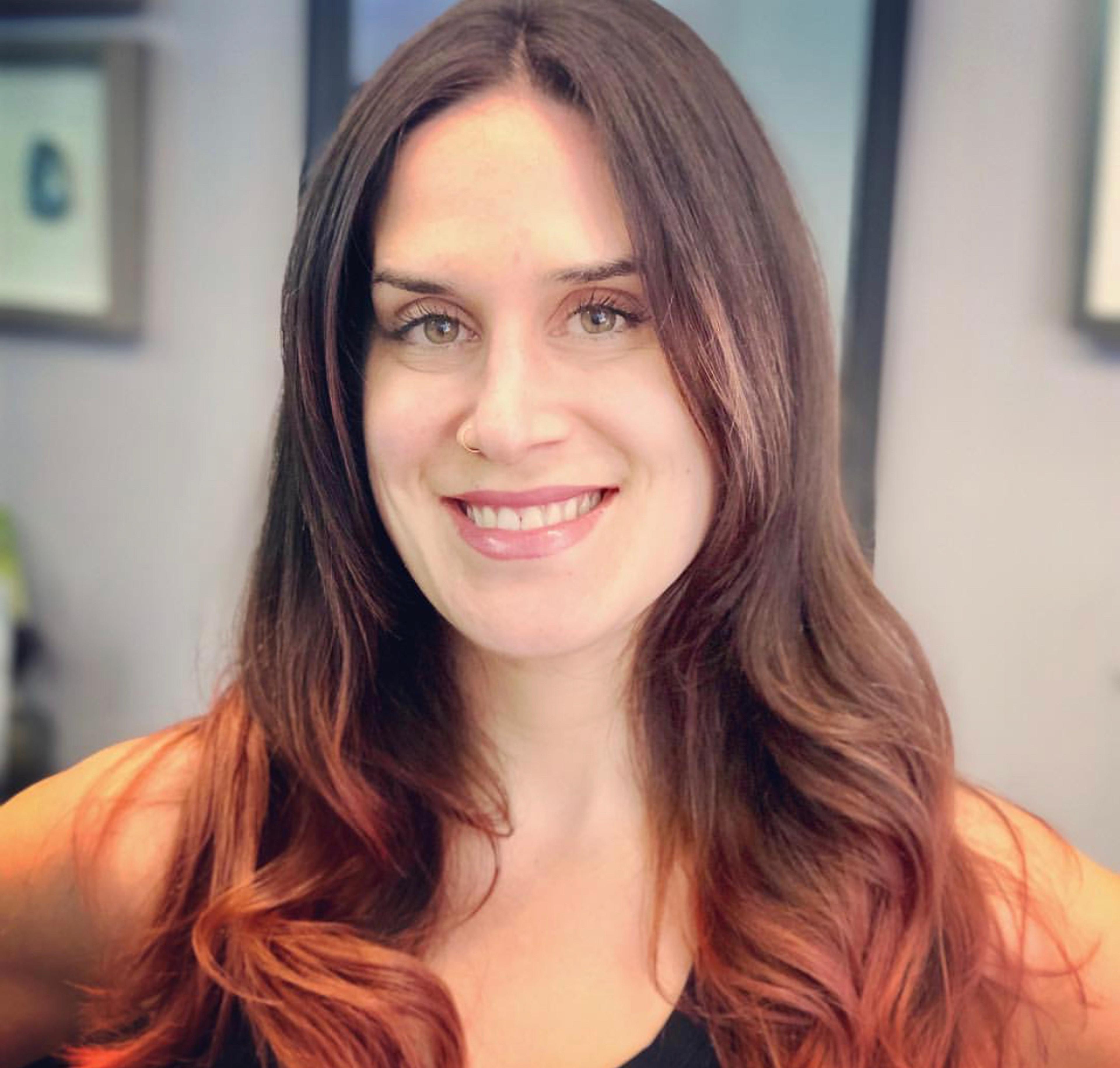
As his child’s primary caretaker, former Equip family mentor Simon Gowen understood his profound role in their eating disorder treatment—but not all fathers grasp the significance of their involvement in recovery. “Generally speaking, husbands and fathers are often excluded or self excluded through attitudes, social bias, or circumstances. Our importance isn't recognized enough,” he says.
Gowen is right: for a variety of reasons related to stereotypes around parenthood, masculinity, and more, men are often left out of the picture when it comes to eating disorder recovery. While research has demonstrated the indispensable role family can play in the treatment process, studies have shown that fathers’ engagement is comparatively low, despite the fact that it can be have a profound impact on recovery .
According to a 2018 study published in the Journal of Clinical Adolescent Psychology, over the course of six months of family-based treatment (FBT), fathers' attendance at treatment sessions declined slowly. However, the researchers found that when fathers did show up for more sessions, it predicted better outcomes for their kids
“Dads being involved in treatment is helpful in so many ways!”, explains Equip therapist Brittany Ashmore. “ It communicates to their loved ones that they are here to do what it takes to get them well, it communicates to the eating disorder that the family is working together to defeat it, and to their spouse that they are not in this alone and have a partner in navigating this stressful and scary situation.”
Hearing about the impact fathers can have from those who’ve been there
Nothing can truly illustrate the critical role fathers play quite like the words of parents and patients who’ve been through the treatment process themselves.
“Reflecting back, I appreciate the little signs of affection, worry, and support from my dad,” says L., who is in recovery from an eating disorder. “My dad showed up in subtle but firm ways. He was the one that handled all the research and logistics for treatment — from finding a doctor who comes from the same culture as my family to filling out insurance paperwork to often driving me to another city for appointments. He was also the one who often shielded me from difficult conversations with people who commented on my eating habits by gently redirecting conversations.”
J., mom to a child in recovery, says that the participation of her husband was crucial. “My child’s ‘dad’ is her step father,” she says. “He was often extra cautious in the beginning to not ‘overstep’ and within a few months, he and I had begun to understand how to tag-team what needed to be done. He was and is my soft place to land..”
While Gowen served as his child’s primary caregiver, he believes partnership can be a powerful tool in families that include more than one parental figure. “It is helpful to have someone else there to give emotional support for the child to lean on and share emotions with. If that is the dad coming home and offering hugs and listening, that's powerful. FBT is hard and families supporting each other is also valuable.”
Dads are important — but all father figures can fill vital recovery needs
When dads are part of their childrens’ lives, they can play indispensable roles in ED recovery — but father figures don’t necessarily have to be blood relatives to affect major progress.
“The support of any male figure (grandfather, uncle, godfather, etc.) in someone's life can be so powerful in the recovery journey — not just that of dads or husbands!” L. says. “For me, it was my male friends who first noticed that something was off and took the initiative to push me to talk about it and seek help. While they did not always understand what I was going through, their determination to have me stay accountable and work towards healing often felt like a rock of support — I always felt that I had someone to turn to outside my family.”
Based on her experience, J. can also speak to the support of a father figure who is willing to educate themselves on the most effective treatment strategies. “Our daughter was on the phone with her bio dad, who was counseling her to ‘just eat right and exercise and you will be fine,’ even though we had spent the previous 48 hours in hospital for medical stabilization. After the call ended, she asked if dad had gone to bed. She went into our room and said, ‘I just want to thank you for being my dad.’ She was thanking him for putting her well-being ahead of anything else, for supporting me to know I could do really hard things, for not allowing her illness to run unchecked, even when it raged, he didn’t budge from being the one we knew had our backs.”
Celebrating fathers who support recovery, all year round
While it may be hard to know what to say or do at various points of the journey, it’s important to recognize and celebrate all father figures who are willing to show up and learn along the way.
“From my observations, sometimes dads might struggle with feeling that they don't know how to support their child,” Ashmore says. “Some dads feel like they want to fix the problem and don't know how, some feel targeted by the eating disorder and pushed away when their child is sick, and some feel ready and able to navigate the work. No matter where a dad is when they come into this process, there's no wrong way to show up for treatment. I applaud the dads who I work with and the courage it takes to be involved in a treatment like FBT.”







